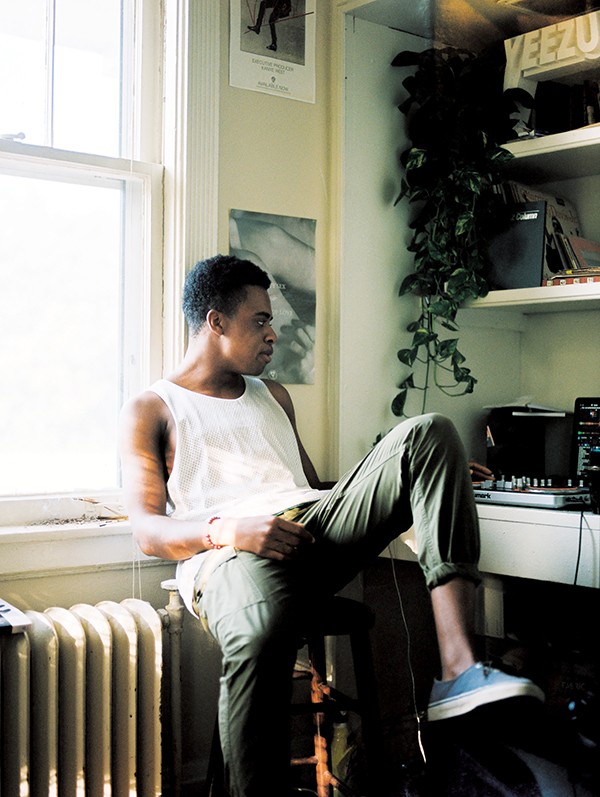Having lived in five other states before landing in Memphis, Jenni Kowal follows one rule: Arrive with few expectations.
“I’ve only been in Memphis for a week, but it feels like years,” Kowal, 24, said. “I came here for the people. I knew from [friends] that Memphis was a great place but also a troubled place. There is a lot of heart here. It is the most diverse place I’ve ever lived in and provides a lot of opportunity to serve the community because there is a greater need here.”
Kowal is among a slew of millennials who are relocating to the Bluff City. Memphis falls only behind Atlanta, Georgia, and Pittsburgh, Pennsylvania, as the third-most popular city for millennials to purchase a home in 2016, according to research from Realtor.com. With a median list price of $164,000, affordable housing makes life easier for debt-strapped twenty-somethings.
From Overton Square to the potentially soon-to-be revitalized Mud Island Park, redevelopment has bolstered economic growth in the Mid-South. Sprawling obstacles, however, can’t be overlooked. Almost 30 percent of Memphians lived in poverty in 2014, according to numbers from the U.S. Census Bureau. More than 13 percent of those ages 16 to 24 don’t work or attend school. To boot, the U.S Department of Agriculture defines Memphis as a food desert — only seven of the 77 high-poverty neighborhoods in the city are within reasonable reach of a full-service supermarket.
Those statistics can be improved with elbow grease. Danielle Inez understands this. Through her organization Millennials for Memphis, Inez aims to engage the more than 200,000 millennials living in Memphis. Millennials have surpassed baby boomers as the largest generation. By focusing on government engagement, community development, and economic empowerment, Inez hopes millennials can give the city a makeover over the next five to 10 years.
“I want to see a much more developed network of neighborhoods that also share resources,” Inez said. “Our inner-city neighborhoods — from the Mound to South and North Memphis — all have a degree of attractiveness that is almost hidden from entrepreneurs. I’d like our city to make better use of technology. [We need] more neighborhood hotspots, easier online tools for basic government obligations, more integration, and support for mom-and-pop businesses.”
Committed residents spent decades developing Cooper-Young into a vibrant neighborhood. Likeminded urban planning should go hand-in-hand with millennials buying homes in the city, said University of Memphis social work professor Elena Delavega.
“The problem exists when we create exclusive zones that are prohibitive to the poor and completely push them out of their neighborhoods,” Delavega, the co-director of the Mid-South Family and Community Empowerment Institute, said. “Ideal communities are mixed communities that include a wide range of people of all races and income levels. Economic integration in neighborhoods benefits the poorest people living in communities.”
 Sam Leathers
Sam Leathers
Nate Packard
Millennials face a pivotal opportunity in defining the city’s next step, according to Inez. Nate Packard, a Memphis artist, echoes the sentiment. Memphis is malleable, he said, waiting to be carved.
“New York and Los Angeles are oversaturated with young creatives looking to make a name for themselves,” Packard, 23, said. “Competition is high, but success is much less common. Being in Memphis, a city with a much less competitive nature, lets me focus on my work. It gives me a greater chance to be noticed for that work.”
The Memphis narrative has shifted from self-criticism to pride and hope, said Leslie Gower, the vice president of marketing and communications for the Downtown Memphis Commission. Millennials are capitalizing on the momentum.
“Millennials like to be change agents,” Gower said. “They are looking for ways to advance, connect with, and contribute to their community. Downtowns are magnets for millennials. In five to 10 years, we will see more people working downtown — particularly start-ups, creatives, and entrepreneurs. We’re finally becoming ambassadors of our own city and sharing our story. People outside of Memphis are taking note.”